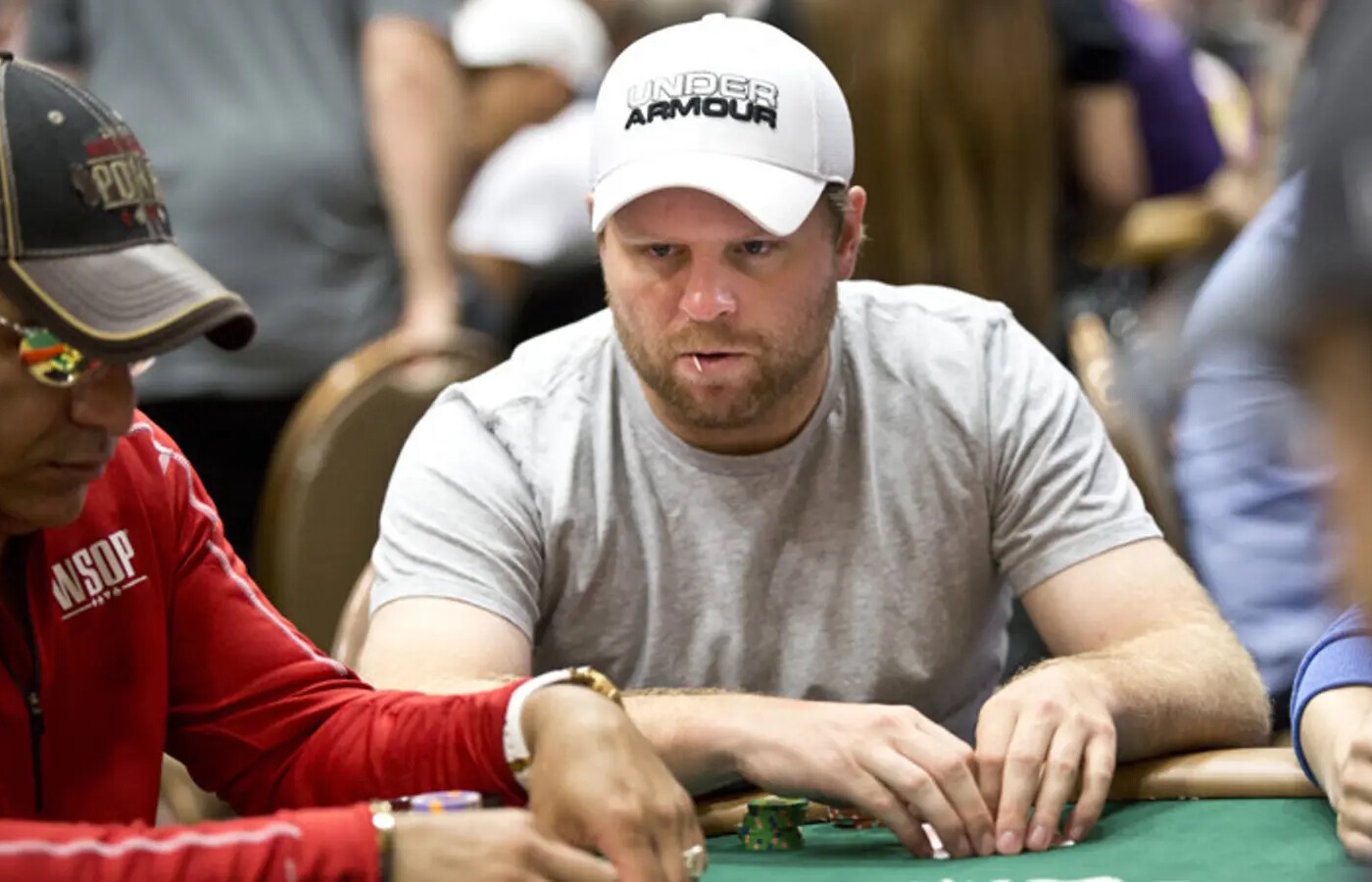Ice hockey players are widely recognized as some of the most talented athletes in the world. Their sport demands unique skills, including strength, speed, agility, and precision. Given their versatility and mental toughness required to excel on the ice, it is no surprise that many NHL players have found success in other disciplines, particularly poker.
The mental resilience and strategic thinking necessary for hockey translate seamlessly into poker. Over the years, numerous top hockey players have made their mark at the poker tables, either online or in major tournaments, some having adapted to online poker uk, while others have taken a bigger step by competing in person in major tournaments.
One such player is Phil Kessel, a winger known for his poker prowess. Kessel’s father, Phil Kessel Sr., who competed in the World Series of Poker (WSOP), is credited with introducing him to the game. Since 2012, Kessel Jr. has participated in every WSOP, consistently demonstrating his table skills. While his overall results have been modest, with his best performance earning him a prize pot of just over $4,000, Kessel remains dedicated to improving his game and has his sights set on surpassing $20,000 in poker earnings. As Kessel’s NHL career nears its end at age 35, a greater focus on poker could potentially lead to a significant increase in his earnings.
Another Canadian hockey player who has successfully transitioned to poker is Adam Foote. Foote, a former NHL player and a gold medalist with Team Canada at the 2002 Winter Olympics, enjoys playing poker recreationally. He often hosts celebrity events and charitable evenings in support of the Adam Foote Foundation. Although Foote is an enthusiastic amateur, his natural qualities and competitive spirit may serve him well if he decides to pursue a professional career in poker.
Maxime Talbot, who spent 14 years in the NHL across four different franchises, is another player considering poker after retiring from hockey. Talbot, a Stanley Cup winner with the Pittsburgh Penguins in 2009, showcased his skills in charity poker events and even won a free entry ticket to the World Series of Poker in 2007. As he weighs his options for the future, poker remains a potential avenue for Talbot to explore.
Alexander Ovechkin, one of the most prominent hockey stars of the past two decades, has also dabbled in poker. As the captain of the Washington Capitals, Ovechkin’s primary focus remains on the ice. Having spent his entire NHL career with the Capitals, he has achieved significant success, including a Stanley Cup win 2018. Ovechkin participated in a celebrity poker tournament in 2009, and his fierce determination and competitive spirit could potentially lead him to pursue a poker career in the future.
Although not a professional poker player, Wayne Gretzky, widely regarded as one of the greatest hockey players of all time, has left his mark on the card game. Gretzky was a regular presence in the grand casinos of Las Vegas. While he did not transition into professional poker leagues, his jersey number, 99, has become synonymous with a hand of 9s in poker, earning the nickname “Gretzky.”
While the number of NHL stars who have pursued poker as a career is relatively small, it is worth noting that many players consider the game as a post-retirement option. Their initial exposure to poker often occurs through charity tournaments during their playing careers. The demands of a hockey career may explain the limited number of players who fully embrace poker professionally. However, for those who transition, their experience, mental fortitude, and competitive drive acquired on the ice provide a solid foundation for success at the poker tables.



